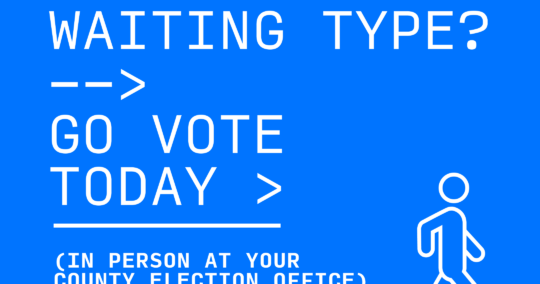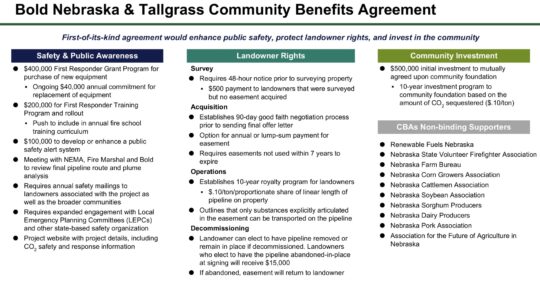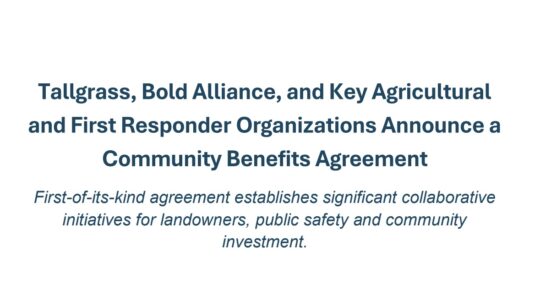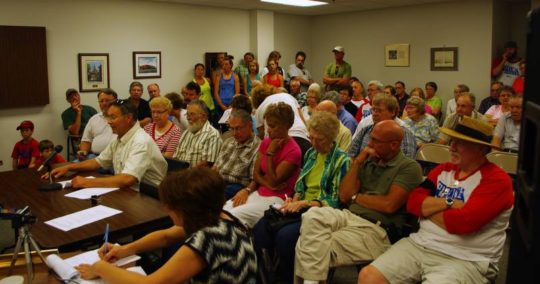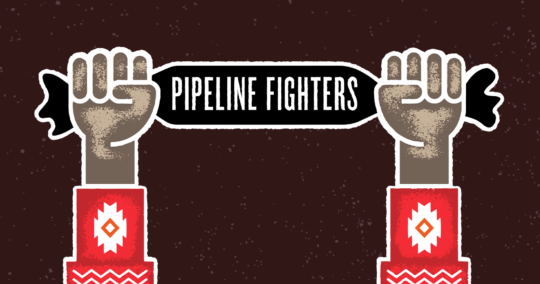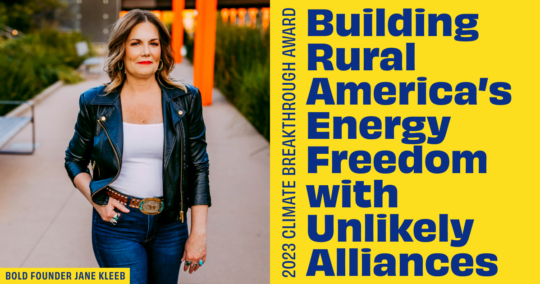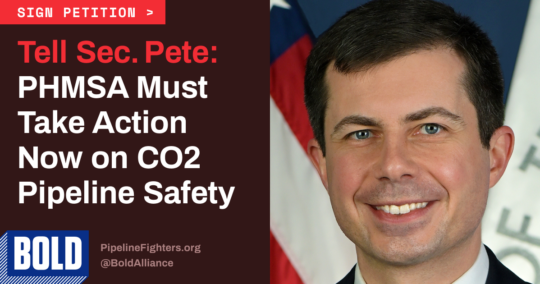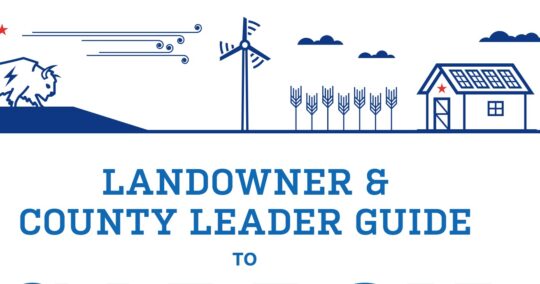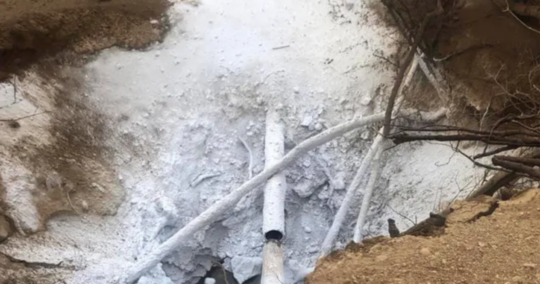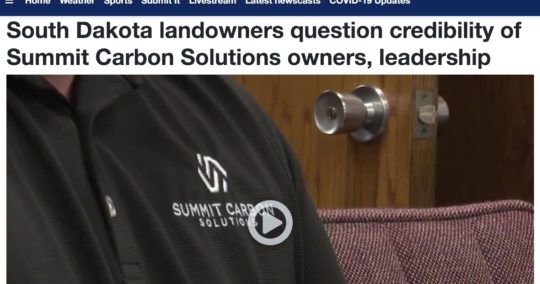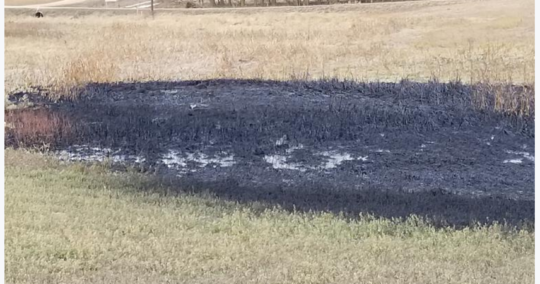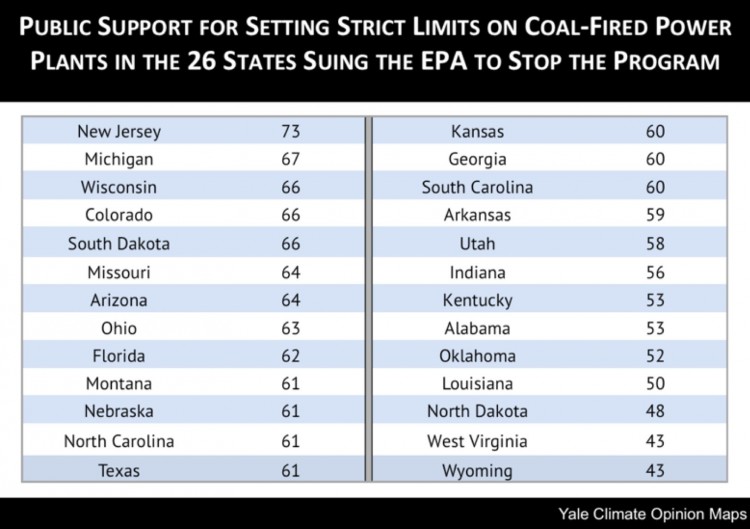
Polling shows that 61% of Nebraskans support strict limits on carbon emissions from coal-fired power plants, despite Gov. Ricketts ongoing legal campaign to block Pres. Obama and the EPA’s Clean Power Plan to reduce exactly those emissions.
Tell Gov. Ricketts: Support the Clean Power Plan
CLICK to SIGN the PETITION
61% of the Public in the States Suing to Stop the Clean Power Plan
Actually Support the Policy
New Haven (November 2, 2015) – A new analysis of state-level public opinion finds that a majority of adults in 23 of the 26 states filing suits against the Clean Power Plan support strict limits on CO2 emissions from coal-fired power plants.
On October 23, 2015 the Environmental Protection Agency published the Clean Power Plan in the Federal Register. Twenty-six states are suing to stop the plan, which will cut CO2 emissions from the power sector 32 percent by 2030 compared to 2005 levels.
Despite the lawsuits put forward by the states’ attorneys general, Yale’s model of state-level public opinion (Yale Climate Opinion Maps, 2014), finds that a majority of the public across all 26 states actually supports regulating CO2 emissions from coal-fired power plants. Across the 26 suing states, 61% of the public supports limits on coal-fired power, with 73% supporting limits in New Jersey, 67% in Michigan and 66% in Wisconsin, Colorado and South Dakota. Only in North Dakota, Wyoming and West Virginia do majorities oppose the rule. Across all 26 suing states, only 38% of the public on average opposes the policy.
“America’s history of political conflict over climate change and the legal challenges to the Clean Power Plan might suggest that the nation is divided over regulating carbon dioxide from coal-fired power plants,” said Dr. Anthony Leiserowitz, of Yale University. “This study finds the opposite: a large majority of Americans in almost every state supports setting strict emission limits on coal-fired power plants.”
Please visit our interactive Yale Climate Opinion Maps to explore more public opinion around energy and climate policy including: regulating carbon dioxide as a pollutant, requiring utilities to generate at least 20% of their electricity using renewable sources, and other climate change policies and beliefs at the national, state, congressional district, and county levels.
####
The Yale Program on Climate Change Communication conducts research on public climate change knowledge, attitudes, policy preferences, and behavior and investigates the underlying psychological, cultural and political factors that drive public responses. It is a program of the Yale School of Forestry & Environmental Studies.

